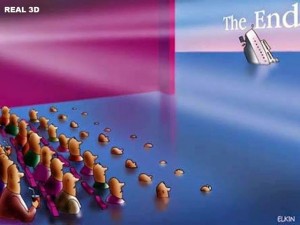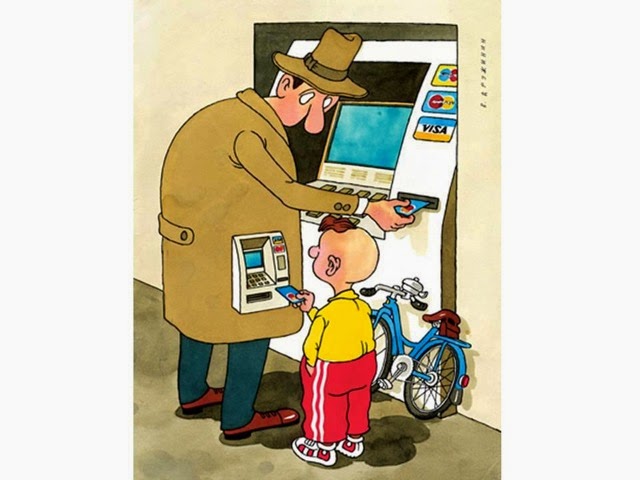 |
| VOCABULARIO INGLÉS; A REALISTIC MOVIE INGLÉS BÁSICO |
¿Os gusta ir al cine? A mí, me encanta, así que hoy tenemos el cine como tema del vocabulario en inglés. ¿Cuántas palabras sabes? Comprueba:
Una película = a movie, a film
Normalmente en EEUU decimos MOVIE. La palabra FILM es para las películas más artísticas o intelectuales y menos comerciales, CINEMA se usa para hablar de CINEMA INDUSTRY, pero es más habitual de hablar de MOVIE INDUSTRY. El sitio donde vas a ver un MOVIE, es THE MOVIES o THE MOVIE THEATER.
En Inglaterra se usa más FILM y hablan de GO TO THE CINEMA. El sitio es THE CINEMA.
Un largometraje = a feature film
Un cortometraje = a short
VOCABULARIO EN INGLÉS
INGLÉS BÁSICODiferentes clases de película:
… de guerra = a war movie
… clásica = a classic movie
… de artes marciales = a martial arts movie
… de ciencia ficción = a science-fiction movie
… de dibujos animados = a cartoon
… de espías = a spy movie
… de miedo = a horror movie, a scary movie
… documental = a documentary
… histórica = a historical movie
… musical = a musical
… policíaca = a detective movie
… romántica = a romance movie / romantic comedy
…de suspense = a thriller / a cliff-hanger
… un melodrama = a tear jerker
Quien es quien:
El actor – actor
El actor secundario – supporting actor
La actriz – actress
El director – director
Más vocabulario en inglés
La banda sonora – soundtrack
La música de la película – the score
La entrada– ticket
La trama – the plot
Final feliz – happy ending
Taquillazo – a blockbuster / box office hit
La taquilla – box office
Los ingresos ($$) = the take
¿Cuál es tu película favorita? Una que me gustó recientemente fue Omar. ¿Lo habéis visto?.
Más vocabulario en inglés en estos posts:
EXPRESSIONS WITH “DOG”
EXPRESSIONS ABOUT MONEY
EVERY TWO WEEKS
AUCTIONS
Y más vocabulario, y gramática, y pronunciación en todos los cursos de LinguaSuite.













